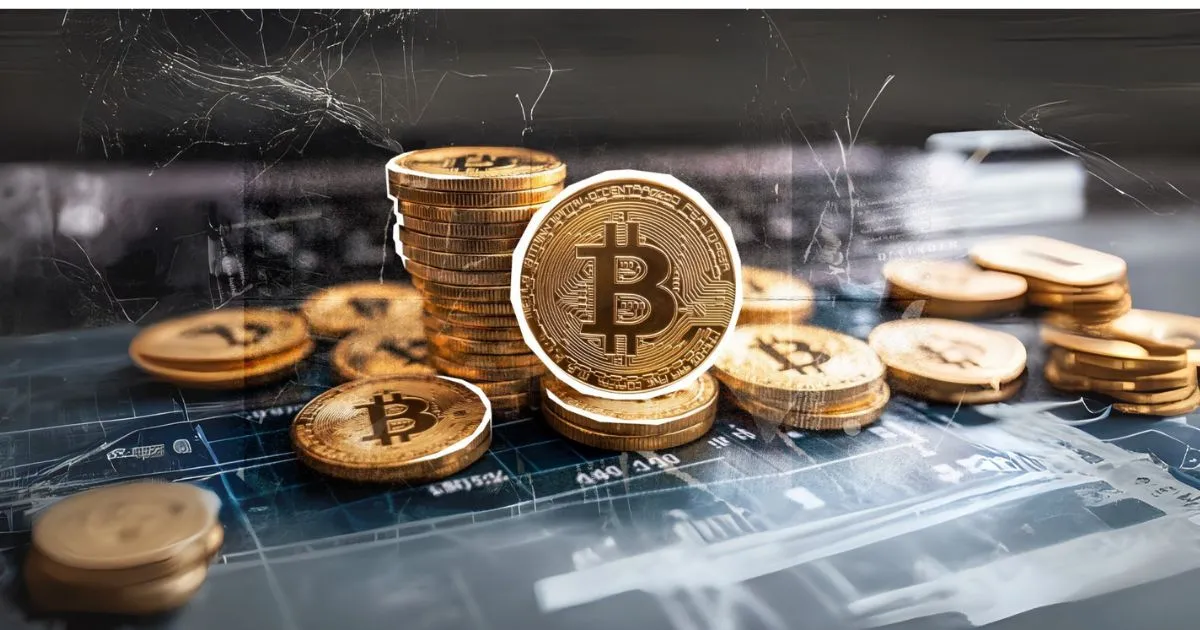
Gordon Brown 2.0? UK Considers Selling Massive BTC Holdings
1. Gordon Brown And The "Historic Gold Sale" — Will It Repeat With Bitcoin?
Between 1999 and 2002, when Gordon Brown was the UK’s Chancellor of the Exchequer, he made a controversial decision: selling nearly half of the country's gold reserves at around $275 per ounce — what turned out to be a historic bottom.
Since then, over two decades later, the price of gold has surged more than 12-fold, reaching approximately $3,350 per ounce today. That means the UK missed out on a massive windfall — a financial "blunder" still cited to this day.
2. Is History About To Repeat Itself?
Amid mounting budget pressures, the UK government — now under new Chancellor Rachel Reeves — is reportedly considering selling seized Bitcoin assets, estimated to be worth around £5 billion, to help close the country's projected £20 billion budget shortfall this year.
According to a report from The Telegraph, a single 2018 raid recovered 61,000 Bitcoin, linked to a Chinese Ponzi scheme. At today's price of about £90,000 per BTC, that alone could be worth over £5 billion.
3. Key Differences And Hidden Risks
While this scenario evokes memories of Brown’s infamous gold sale, there are critical differences worth noting. Most importantly: the market cycle.
Back in 1999, gold was languishing near a generational low after years of underperformance. By contrast, Bitcoin is now sitting at multi-year highs, having climbed 75% in just the past year, and over 1,000% in the past five years — far from being considered at a cycle bottom.
Still, one question remains: Would selling now be a sound fiscal strategy, or will it go down as another generational regret in the UK’s financial history?